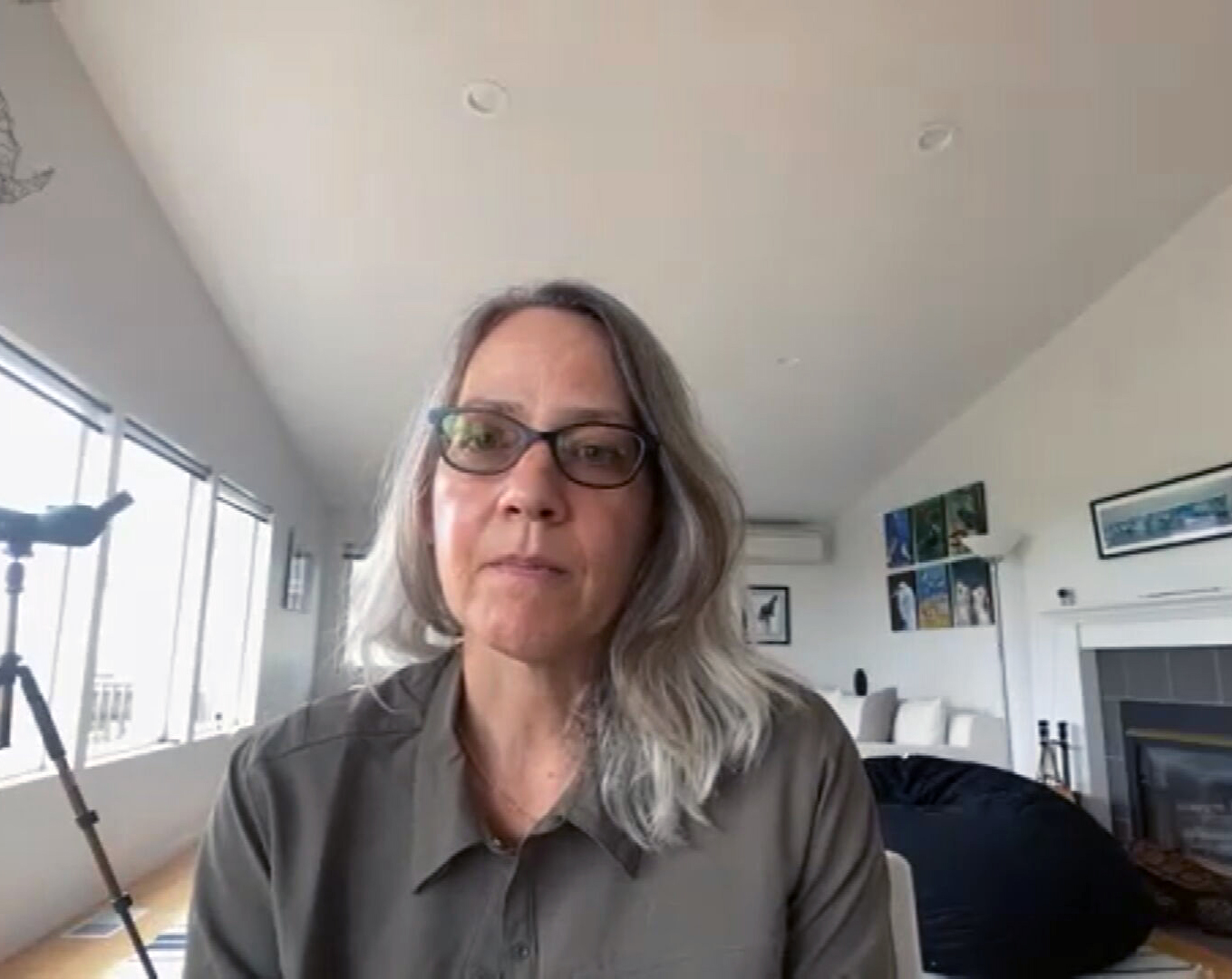Physician caring for infant hospitalized with monkeypox in Washington State details care of young patient
Although thousands of Americans have tested positive for monkeypox since the outbreak began, this past spring, only a handful of pediatric monkeypox cases have been identified across the U.S.
Across the country, at least 18 children in 10 states have now tested positive for monkeypox, according to state and local health officials, and little is known about most of these cases, due to concerns over patient privacy.
One of these cases has been identified in King County, Washington, where local officials recently confirmed that an infant in their community had tested positive for the monkeypox virus.
The child has been hospitalized and receiving treatment for the virus in recent days after being exposed to monkeypox through an infected family member, officials said. The child did not become infected in a school, child care, or other public setting.
Officials from Seattle Children's Hospital confirmed to ABC News that their teams are currently caring for the infected baby, who is under the age of 1.
Dr. Danielle Zerr, medical director of infection prevention at Seattle Children's Hospital, told ABC News that although the infant is still hospitalized, the patient is doing better, and officials are currently creating a discharge plan. The patient has been in the hospital for several days, according to Zerr.

A concerning rash prompted the parents to initially seek care for the infant, she said.
"The main thing that the patient was experiencing was the rash and complications of the rash, so, concern of super infection of the rash. Those were really the reasons that the patient came into the hospital," Zerr said.
"The rash can be quite pronounced in many patients, especially as it evolves over time. And I think that sort of a rash on a child is going to raise people's antennae, and lead a parent to seek care," she added.
In addition to "supportive care" to ensure the patient is hydrated and well-cared for, the hospital has been treating the young patient with TPOXX, a Food and Drug Administration-approved treatment for smallpox, that has been made available for children under special expanded access protocols.
"Once we had the confirmed test result, we started that antiviral for the patient and it did really seem like there was some improvement in the days following starting the antiviral," Zerr said. "The rash has shown some improvement with treatment. So that's a great sign, and [the] patient seems to maybe be feeling a little bit better."
The hospital, and local public health authorities, have been working to roll out contact tracing to determine whether any staff, patients or families have been exposed to the virus. A hospital representative also told ABC News, in a statement, that "appropriate isolation" has been "instituted" for some staff. Anyone who may have been exposed will be contacted.
Individuals who have been exposed to the positive case will also be offered the monkeypox vaccine, Zerr said.
Earlier this month, in an effort to protect the youngest Americans, the FDA issued an emergency use authorization that allows children under 18 who are at high risk of monkeypox to be vaccinated.
In July, the Centers for Disease Control and Prevention warned in a health alert that there is some preliminary evidence to suggest children younger than 8 years old could develop more severe illness, if infected with monkeypox.
Zerr noted that it is understandable that given the news of the emergence of pediatric monkeypox cases, parents may feel anxious. However, she stressed that at this time, it is still quite rare for children to contract the virus, and it is unlikely the children will become infected in settings like schools, as most transmission is occurring between close contact.

"I think the thing that we focus on is that they've so far been very few pediatric cases," Zerr said. "It does generally require closer contact, so it's not the kind of illness that is likely to be transmitted in school settings... It's very, very low risk to kids who are going about their usual activities like attending school and other activities like that."
Should a child be exposed to monkeypox, Zerr advised that parents stay in contact with their child's pediatrician and be on the lookout for any suspicious rashes.
"If you know your child's been exposed to a confirmed case of monkey pox, then you do really want to be keeping a very close eye on them," Zerr said. "I think that that would be a reasonable strategy to keep your kid at home if they develop new signs and symptoms of illness. And then, if they develop a rash, especially a pustular rash, connect with your child's primary care provider.
Thus far, the majority of cases in the current monkeypox outbreak have been detected in gay, bisexual or other men who have sex with men. However, health officials have repeatedly stressed that anyone can contract the virus, and although the risk of monkeypox remains low among young children and adolescents, they too can test positive if they have been exposed.
Across the globe, more than 47,000 cases of monkeypox have now been reported, including 17,400 cases in the U.S. -- the most of any country, according to the CDC.
Monkeypox primarily spreads through prolonged skin-to-skin contact with infected people's lesions or bodily fluids, according to the CDC. The virus can also spread through bedding and towels contaminated by infected lesions.
In addition to lesions, which can appear like pimples or blisters, the most common symptoms associated with monkeypox are swollen lymph nodes, fever, headache, fatigue and muscle aches.




